Composting
Compost is an organic material that is added to soil to help with growth, but the benefits stretch beyond the garden.
“If you can afford space in your garden, I would urge you to create a compost because there are economic benefits. It is fantastic for your household, as you can get rid of waste which will reduce the cost of your bins,” explains Hazel.
“It is a great way to recycle and you will have your own source of food, so you will be able to add nutrition to your garden.”
With a wide range of materials being suitable for compost, contents will be abundant.
“Many people don’t realise the variety that you can put into your compost. It’s not just your vegetable peelings or egg shells, you can rip your tea bags and add the grounds from your coffee.”
“Composting should be a continuous process. However, at this time of year temperatures are low, so the bacteria aren’t as active. In the summer, you can feed the compost effectively, which should be done once a week, and mixing up the contents will help to keep the bacteria active. By doing this, you will encourage the micro-organisms within the soil to come up through. Many don’t realise how important the earthworms are or the various micro-organisms that are in the soil; collectively, they break down the material and they create this beautiful compost.”
Weeding
When it comes to weeding, Hazel prefers the old-fashioned approach: “You are always going to have to contend with weeds around March. I don’t use chemicals, I prefer to hand-weed. When it comes to perennial weeds, like dandelions, it’s tricky. You need to make sure that they don’t have the opportunity to self-seed, because once they do, you will have a population of dandelions in your garden. Weeds are opportunistic.
“If you have healthy soil and a nice sunny spot with enough moisture in the ground, then that is their playground,” she says.
“Weeds don’t disturb the health of the garden. The only problem that they might cause is that they can be vectors to diseases, so they can carry viruses that other plants may be susceptible to. Weeds highlight that you have a healthy garden; if you didn’t have weeds I would be concerned.”
Fertiliser
There are an array of fertilisers that one can purchase for their garden, but Hazel stresses a recyclable approach.
“Gardening is about being able to recycle things, like manure which is a natural fertiliser. By using manure, it is much better for the environment and it is great for biodiversity.
“If you have access to manure, it is like gold.
“The most important thing with fresh manure is that you let it season. That can take 12 months and when you spread it, the manure will add an incredible wealth of nutrients,” says Hazel.
“If you have a heavy soil, you can have issues with waterlogging. Heavy soil doesn’t drain very well and it can be quite sticky. Adding manure can help to break up the structure of the soil, so that not only is it adding the nutrients, it is also helping to improve the draining capacity.”
If you would like information on Hazel’s gardening classes, visit www.hazelproctor.com or email proctoh@tcd.ie or phone 086-393 8467.



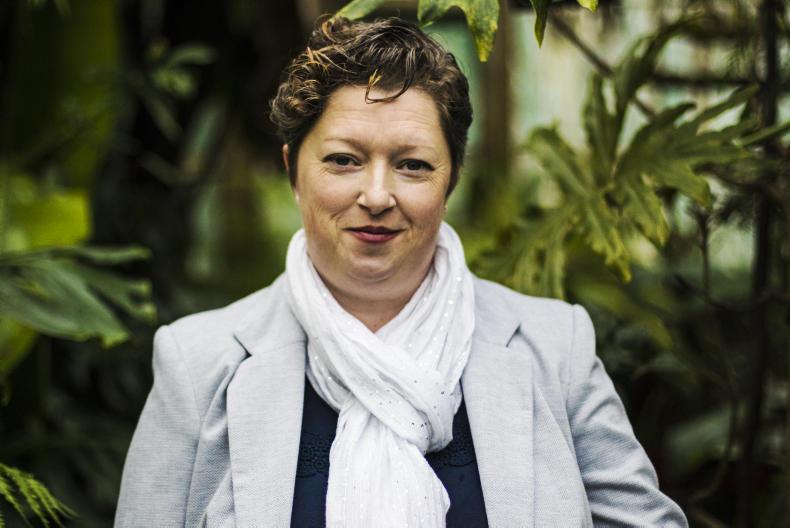
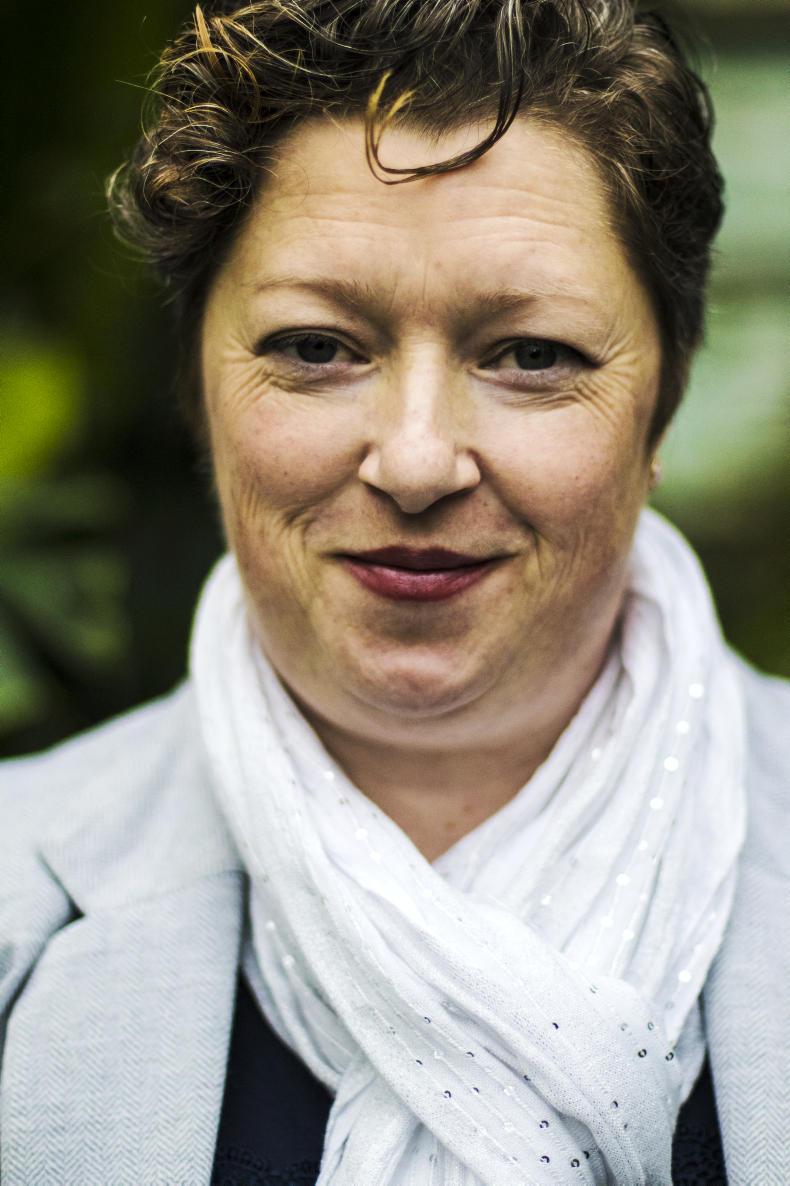
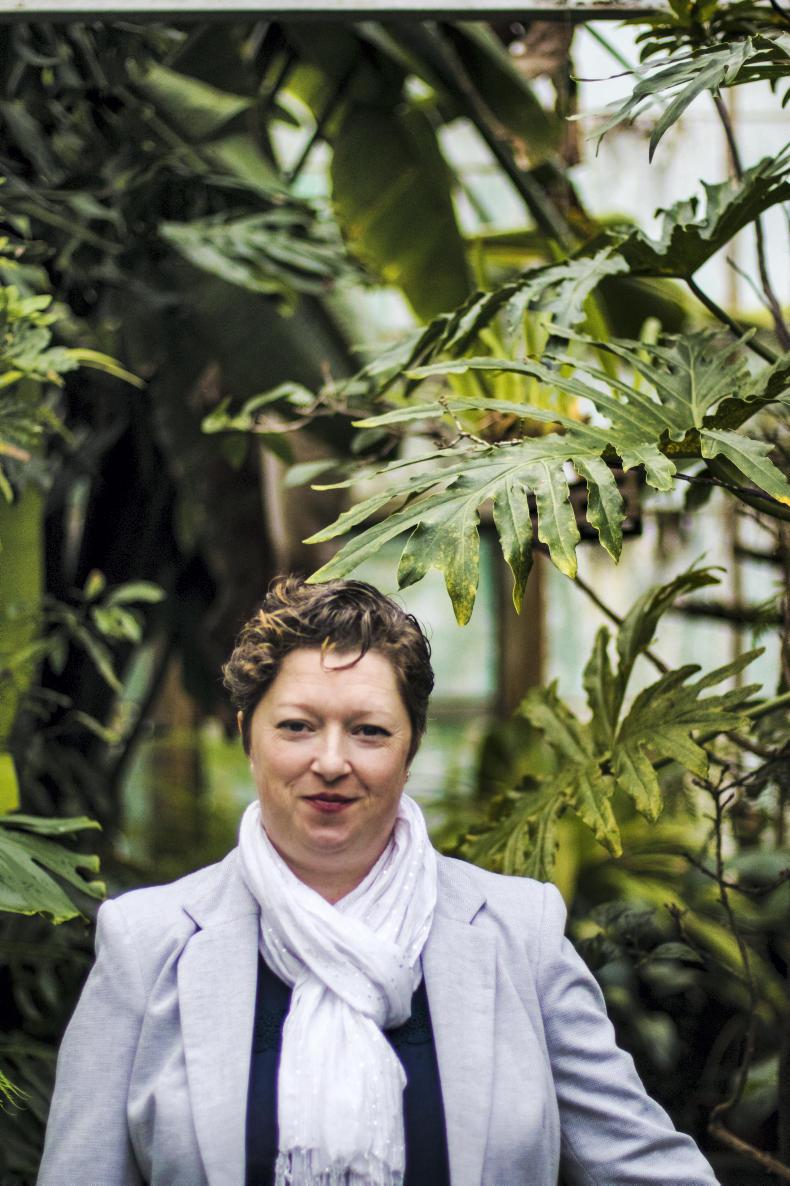
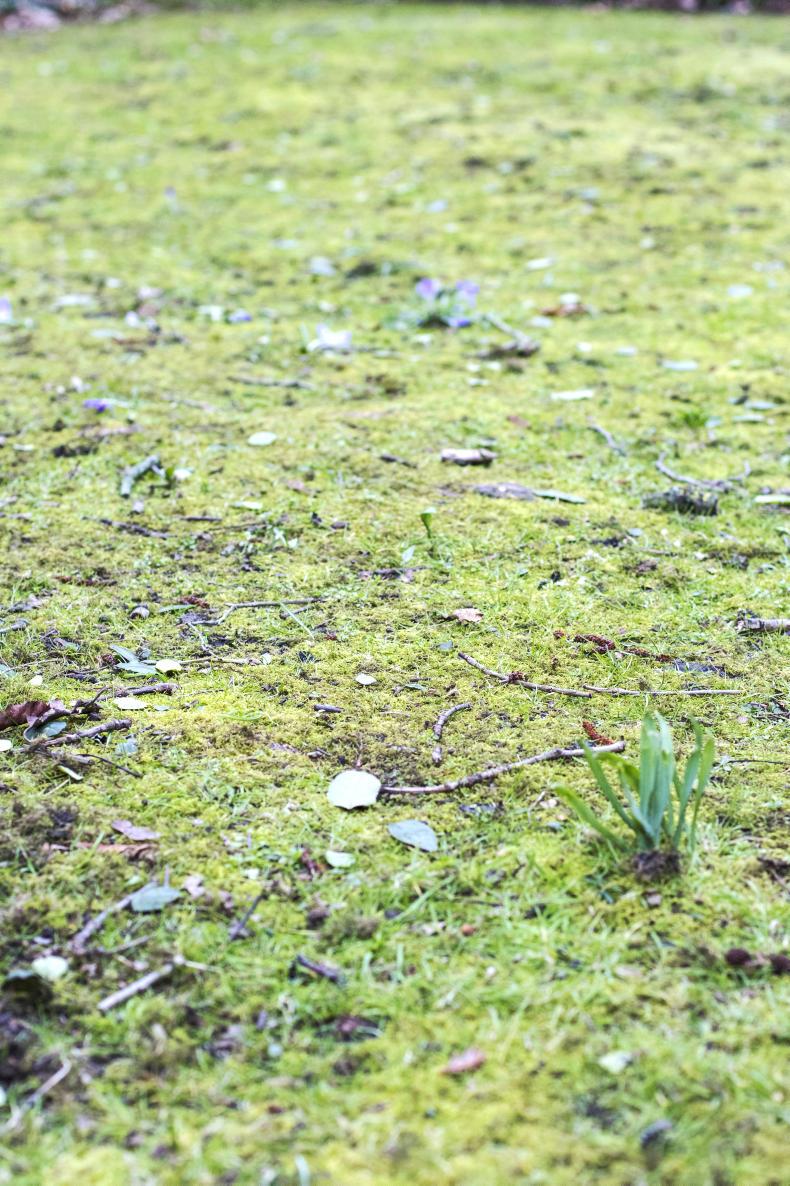
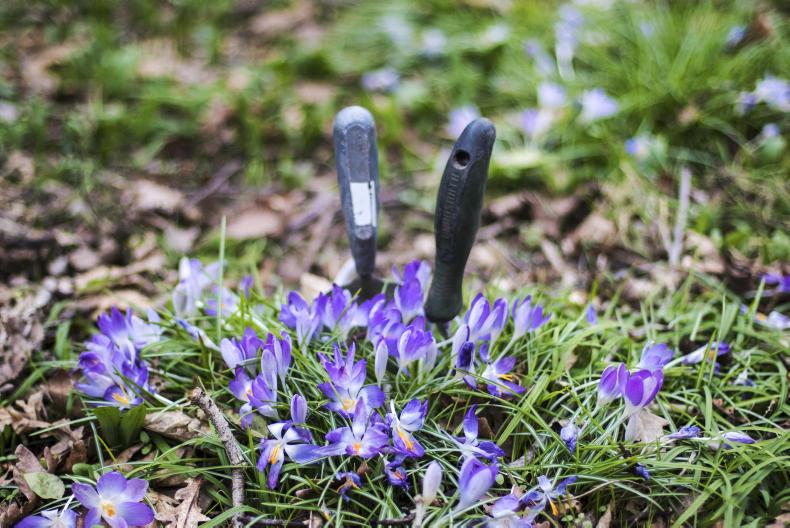
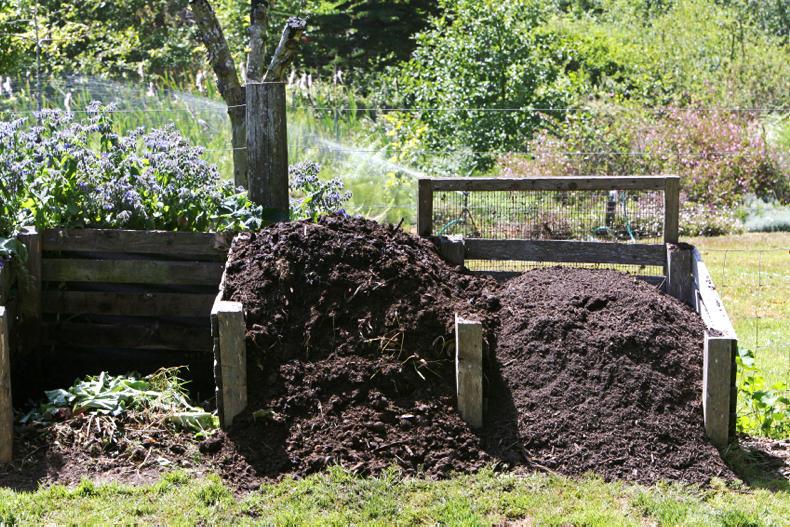

SHARING OPTIONS